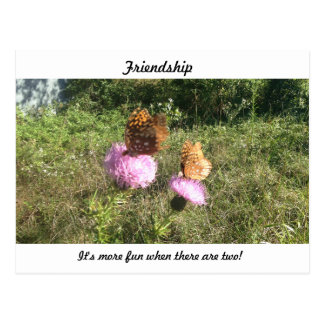Some people ask me that when I talk about Bow too enthusiastically . "Well, of course, I do. Do you think I would be doing research on chimpanzee cognition and language ability with Bow, if I thought he was human?" What would be the point?
Bow is not human. He is a chimpanzee. But what exactly that means is what is up for debate. For instance, he's very interested in some things, and much less in others. But is that a chimpanzee trait? Or is that just Bow?
Bow was raised in a human household, but there are some human practices that he has staunchly refused to follow. He does not want to wear clothes, and as soon as he was independent enough to refuse to wear them, I had to give up on that idea. For me, it had seemed convenient that Bow wear clothes, but as he grew up, I had to concede. It was his choice.
On the other hand, Bow loves to groom his finger nails using a nail file. He watches me with deep fascination when I do it, and the he gets very engrossed in using the nail file himself.
Now, this is not anything that I had to bribe Bow or force him to do. It's just something that he wanted to do. But quite possibly some other chimpanzee would not want to do this. Bow is not representative of all chimpanzees. Not everything that is true of him is true of every other chimpanzee. For instance, some chimpanzees like to play in water. I have seen videos of them doing that, but Bow has always hated water. He won't even step into a puddle or on slightly damp floor, much less immerse himself in a body of water.
I used to explain it like this: "He has a very low fat to muscle ratio in his body. If thrown in a lake, he would drown, because he cannot float. So he must know this instinctively, and that's why he avoids water." It sounded like a good explanation, but when the counterexamples of chimps happily playing in man-made pools started to surface, I had to revise my opinion. Maybe it is not all chimpanzees. Maybe that's just Bow.
It's easy to fall into the trap of overgeneralizing. But there's no reason for it. Individual differences are just as important as group traits. Bow can read. He can spell. Maybe it's because he was exposed to it when young. That certainly must have something to do with it. Maybe most chimpanzees could do the same, if given a chance. Maybe some couldn't. After all, some humans can't, either.
Some traits are group traits. But there are individual differences, and those are important, too. As a scientist, I feel that one counterexample can disprove a rule. "All Chimpanzees do X" can be falsified by one single example of a chimpanzee that does not do X. "No chimpanzee can do Y" is falsified by a single example of a chimpanzee that can do Y. I am not interested in the average, the mean or the bell curve. My job is to find out what Bow can do.
I am deeply suspicious of anyone who makes sweeping generalizations about groups based only on group affiliation. No matter how many chimpanzees a so-called expert knows, he or she does not know Bow. What is good for Bow may not be good for another chimpanzee. What is good for another chimpanzee may not be good for Bow.
Do you know anyone who purports to speak for all chimpanzees? Be very suspicious. Such people are overstepping their bounds, both as scientists and as activists. Real scientists deal in facts. Real humanitarians care only about individuals.
RELATED POST

















